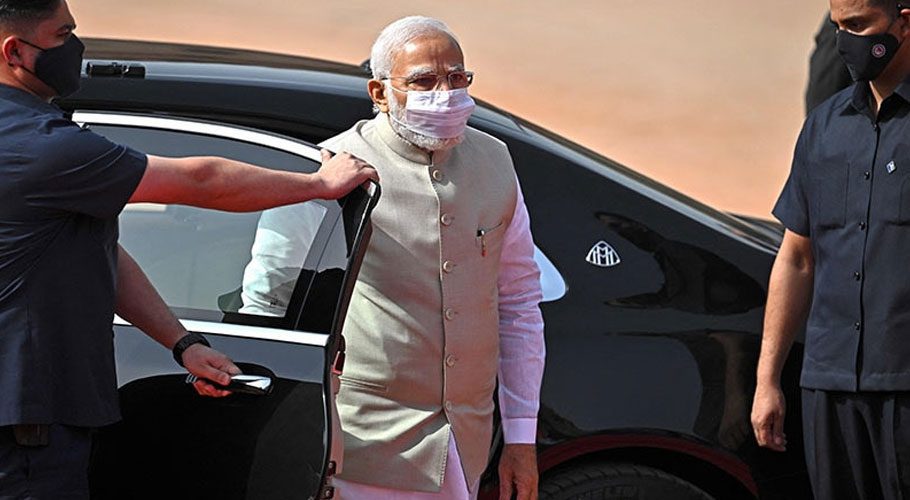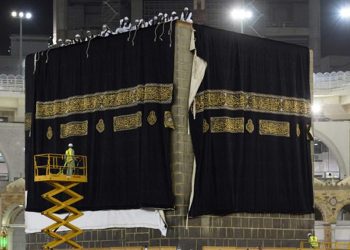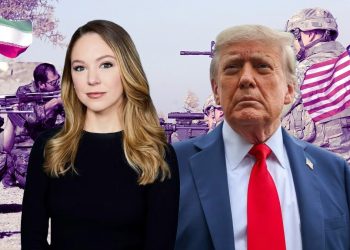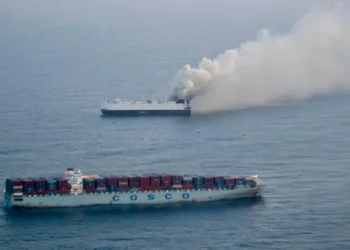SRINAGAR: Indian Prime Minister Narendra Modi will hold his first public event in occupied Jammu and Kashmir on Sunday since New Delhi imposed a sweeping security clampdown there more than two years ago.
New Delhi nullified the area’s limited autonomy in 2019, when authorities arrested thousands and imposed the world’s longest Internet shutdown, seeking to forestall local opposition to the move. It is the most militarized part of India, with more than half a million soldiers and paramilitaries deployed across the region.
Tight security is being put in place for Modi’s visit, but he can nonetheless expect a rousing welcome in Palli, with tens of thousands expected to welcome him at an event marshalled by his governing Bharatiya Janata Party (BJP).
Modi will preside over a ceremony to mark Panchayati Raj — a day that commemorates grassroots democracy, although Kashmir has been without an elected regional government since 2018, when the BJP left its ruling coalition and the New Delhi-appointed governor stepped in.
Sunday’s event will see Modi lead the region “into a new era of development,” Lt. Governor Manoj Sinha told reporters.
Modi’s government says its decision to end Kashmir’s limited autonomy was aimed at fostering a lasting peace and bringing investment into the troubled region, where tens of thousands of people have been killed over the years.
Around 2,300 people, mostly politicians and activists who have campaigned against Indian rule, have been arrested under vaguely worded legislation that allows authorities to designate anyone as a terrorist and puts the burden of innocence on the accused.
International human rights groups have condemned the measures. Foreign journalists are barred from visiting and local reporters are often summoned by counterinsurgency police and questioned over their work, with three arrested in recent months under preventative detention laws.
Police say that violence has declined since the 2019 overhaul of Kashmir’s status. But almost 1,000 people have been killed in that time — among them so ldiers, militants and civilians — and young men continue to join rebel groups that have fought Indian rule of Kashmir for more than three decades.


































